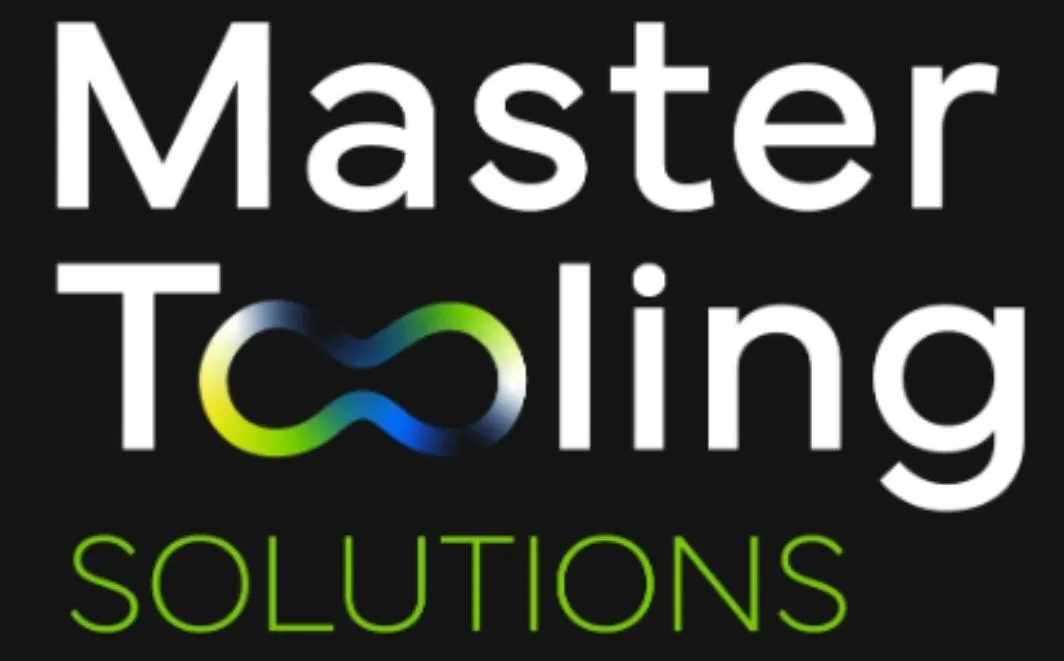Our premium services
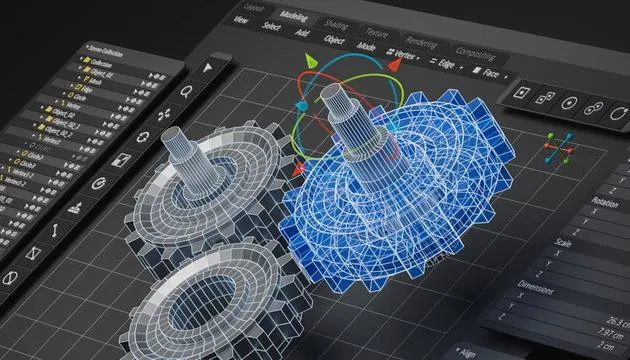
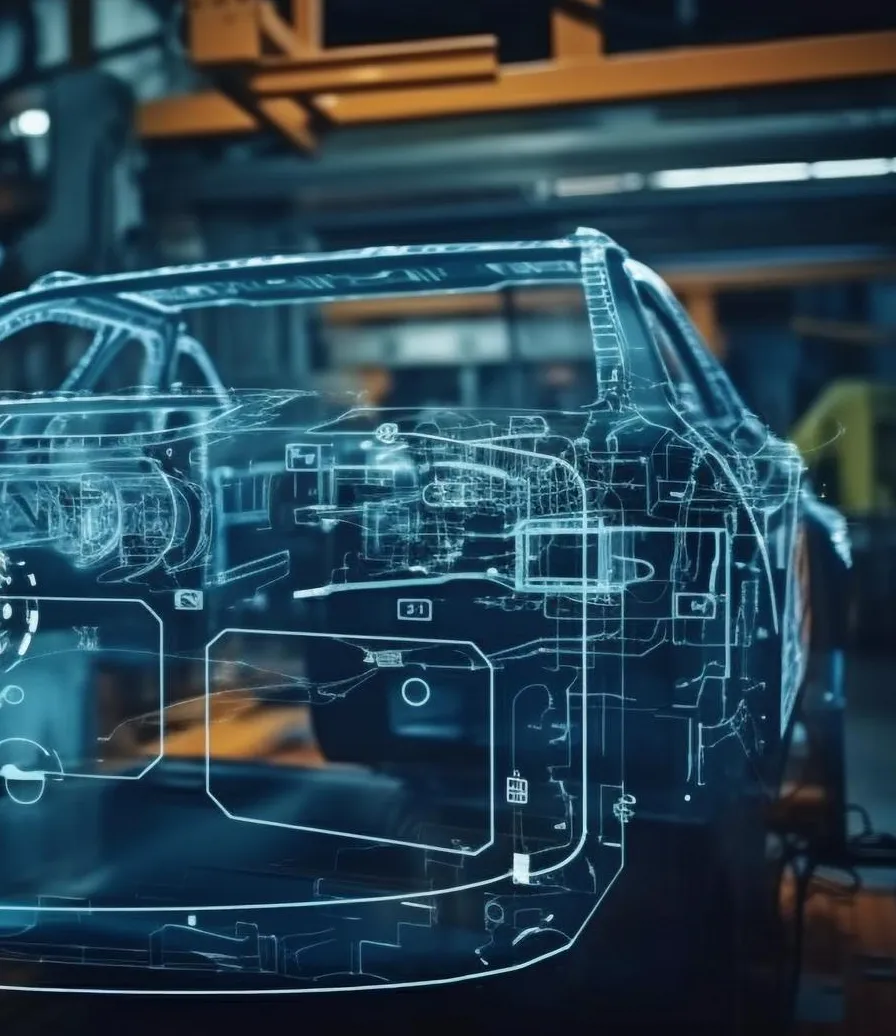
Design
At MTS, we offer highly customized design solutions for assembly lines in the Body-in-White (BIW) area, tailored to meet the specific needs of each client. Our team of engineers and designers combines years of automotive industry experience with cutting-edge CAD technologies and simulation tools to create efficient, robust, and scalable production line designs.
Key Features of Our Design Service:
Customized Solutions: We develop bespoke designs that align with the unique production requirements and specifications of each client.
Workflow Optimization: Our designs focus on maximizing efficiency, minimizing cycle times, and reducing resource consumption.
Integration of Advanced Technologies: We incorporate the latest advancements in automation, robotics, and control systems to ensure each assembly line is ready for the current and future challenges of the automotive industry.
Simulation and Validation: Using simulation tools, we virtually test designs before implementation, ensuring optimal performance under real-world conditions.
Ergonomics and Safety Focus: Our designs prioritize operator safety and workplace ergonomics, ensuring a productive and safe manufacturing environment.
The design service forms the foundation of our turnkey solutions, where every project is executed with precision and aligned with the highest standards of the automotive industry.
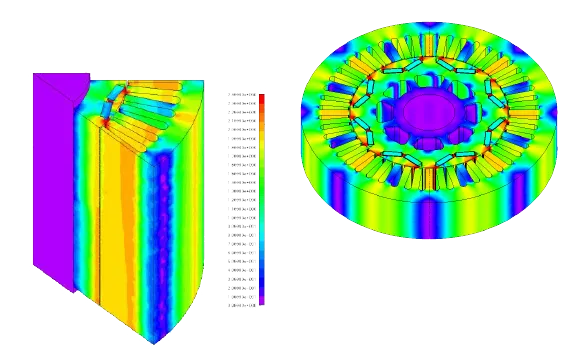
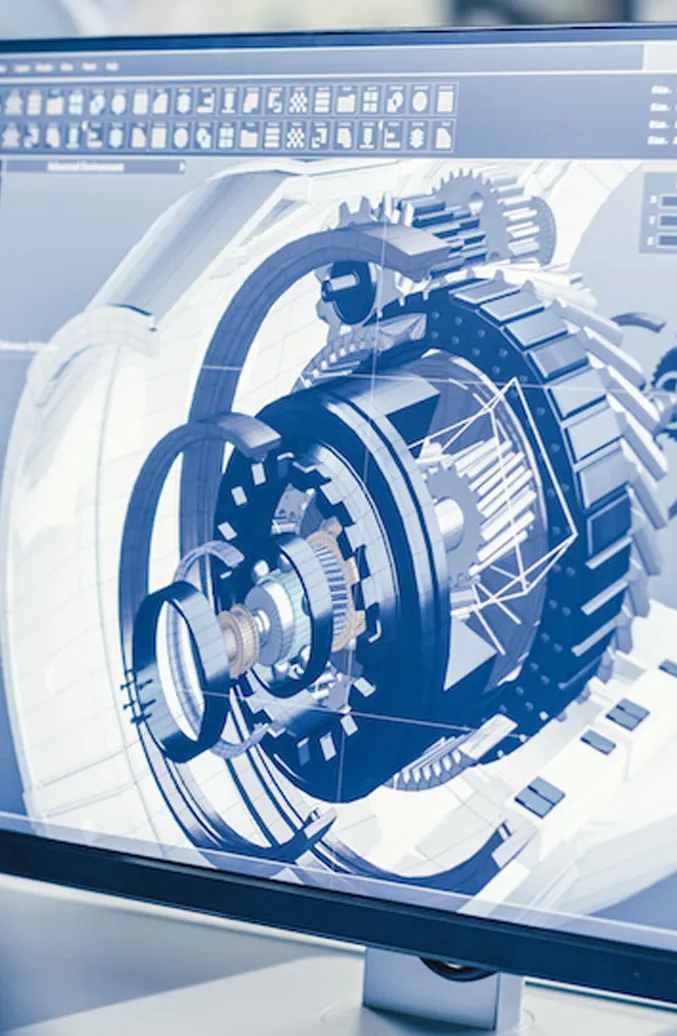
CAE / FEA
At MTS, we specialize in CAE (Computer-Aided Engineering) and FEA (Finite Element Analysis) to enhance the design and construction of tooling for Body-in-White (BIW) assembly lines. Our advanced simulation techniques allow us to optimize the performance, durability, and precision of assembly tooling, ensuring seamless integration and efficient operation within your production environment.
Key Features of Our CAE & FEA Analysis Service for Tooling:
Structural Integrity of Tooling: We use FEA to simulate stresses, loads, and deformations that tooling components might encounter during operation. This ensures the tooling is robust and capable of withstanding the rigors of high-volume production.
Process Simplification: We aim to reduce the complexity of BIW processes such as welding, riveting, clinching, and assembly operations, by suggesting design changes that facilitate easier and faster production.
Cost and Time Optimization: By improving product manufacturability, we help reduce production times, lower material and labor costs, and avoid potential bottlenecks in the assembly process.
Early Detection of Issues: Our assessment helps identify potential manufacturing challenges early in the design phase, allowing for proactive solutions that prevent costly rework and delays during production.
Collaboration with Engineering Teams: We collaborate closely with your engineering and design teams to ensure that any product modifications align with the functional and aesthetic goals of the BIW structure while improving manufacturability.
Our Product Assessment service empowers clients to make informed decisions on product design that not only improve manufacturability but also reduce production costs and complexity, leading to more efficient and scalable BIW manufacturing operations.
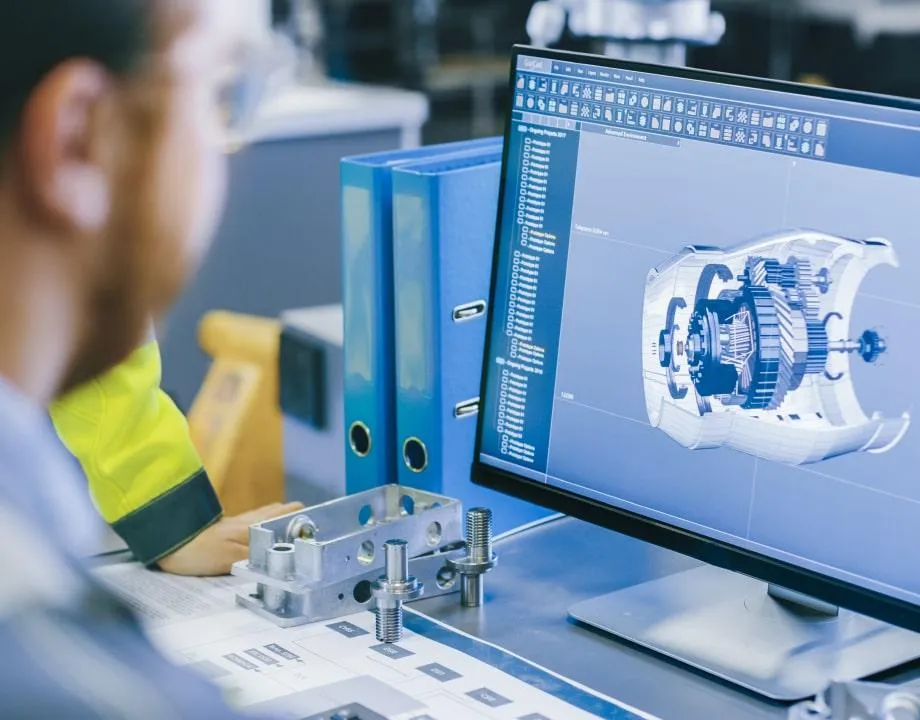
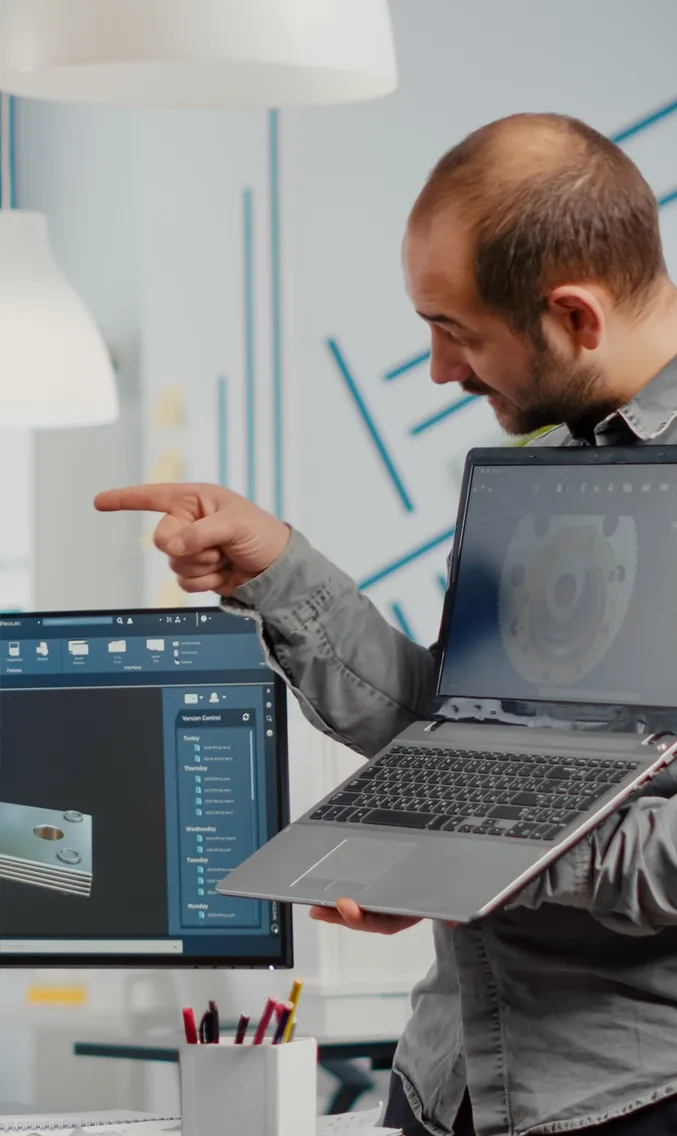
Product Assessment
At MTS, our Product Assessment service provides an in-depth analysis of Body-in-White (BIW) product designs to evaluate and enhance their manufacturability. Our team works closely with clients to identify potential design challenges and offer strategic recommendations that simplify the manufacturing process, reduce complexity, and improve overall production efficiency.
Key Features of Our Product Assessment Service:
Manufacturability Analysis: We assess the current product design to identify areas where complex and costly BIW processes can be minimized or eliminated, helping to streamline production.
Design for Manufacturing (DFM) Recommendations: Our experts provide actionable insights to modify the product design, making it more suitable for high-volume production while ensuring the integrity and performance of the final product.
Dynamic Load and Stress Testing: Our simulations predict the behavior of tooling under dynamic loads, such as clamping forces, welding stresses, and robot interaction, ensuring that tooling operates reliably under real-world conditions.
Thermal and Vibration Analysis: We analyze the impact of thermal expansion and vibrations on tooling performance, ensuring that even under extreme conditions, the tooling remains stable and accurate.
We conduct detailed material analysis to select: We conduct detailed material analysis to select the most appropriate materials for tooling, balancing strength, cost, and weight to ensure optimal performance and longevity.
Fatigue and Failure Prevention: Our FEA analysis identifies potential failure points or fatigue in tooling designs, allowing us to address these issues early in the design phase and prevent costly downtime and rework during production.
By leveraging CAE and FEA for tooling design and construction, we ensure that your assembly processes are not only efficient but also reliable, leading to smoother production flows and reduced maintenance costs over time.
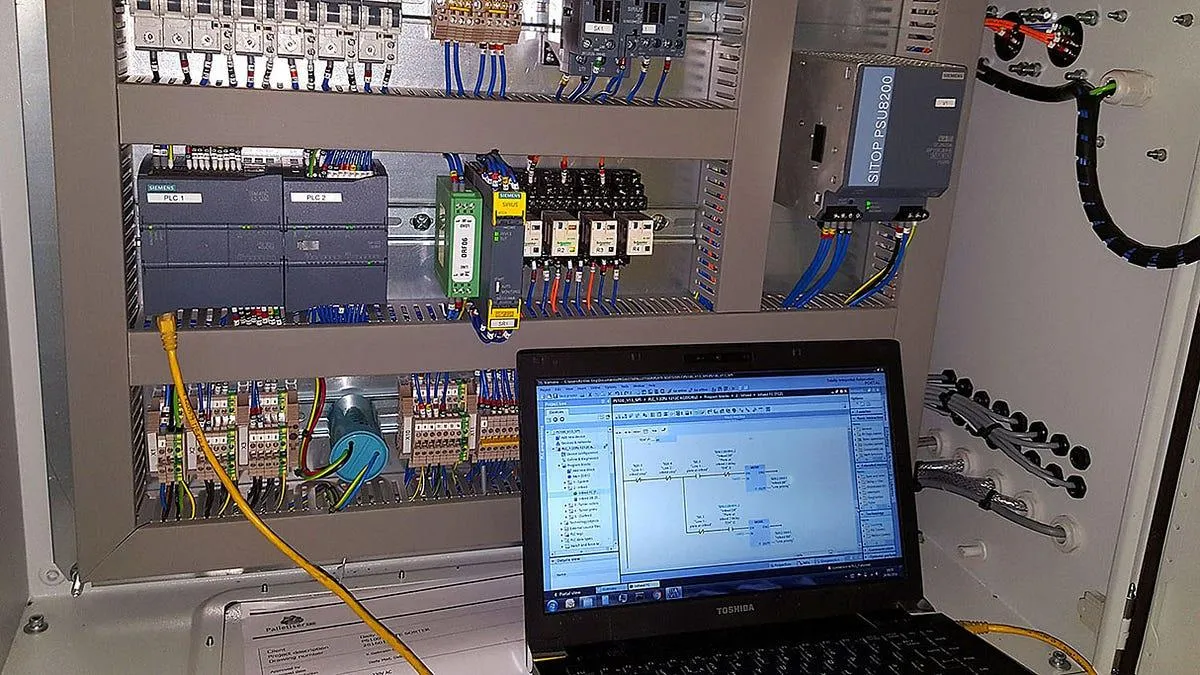
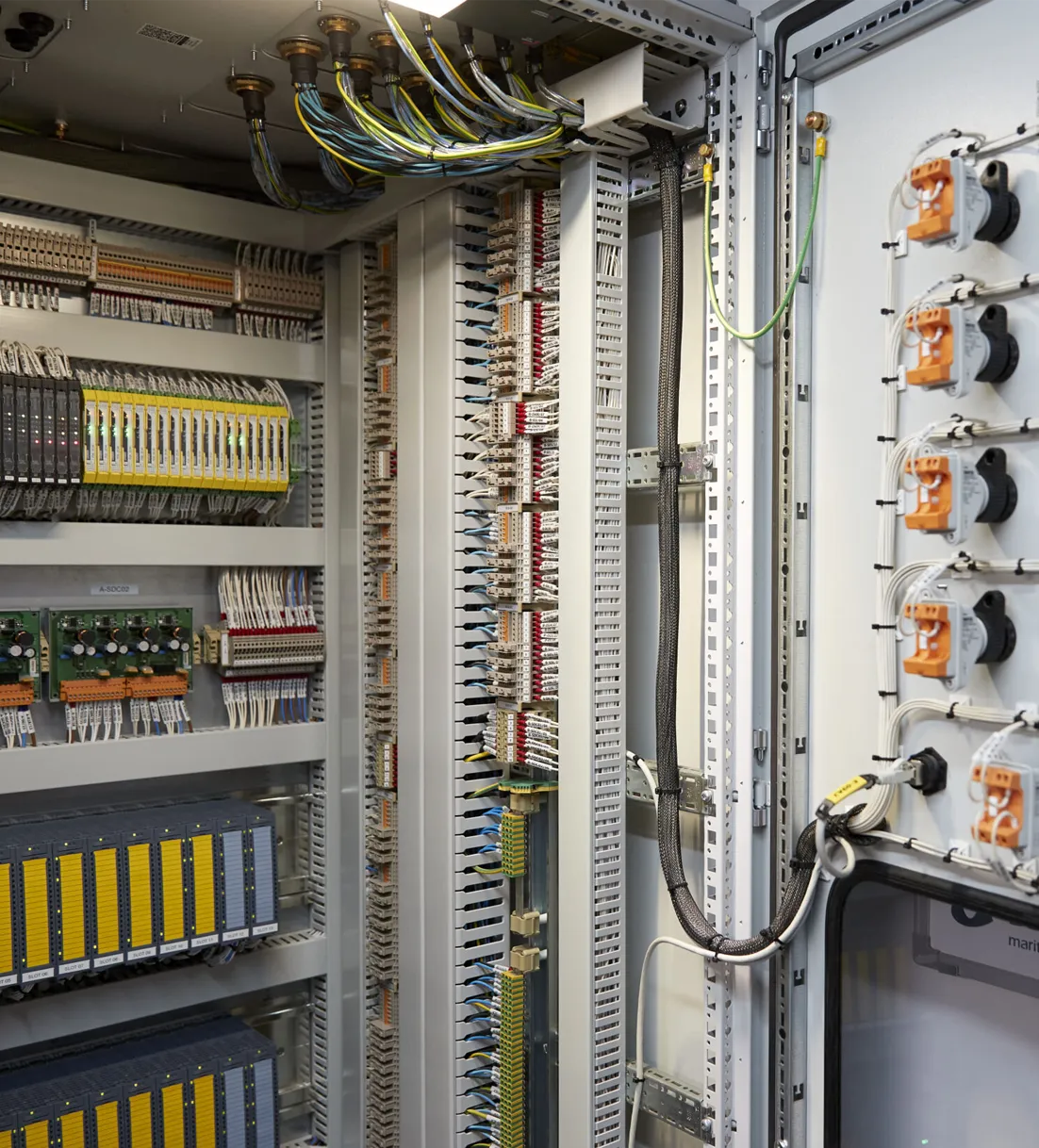
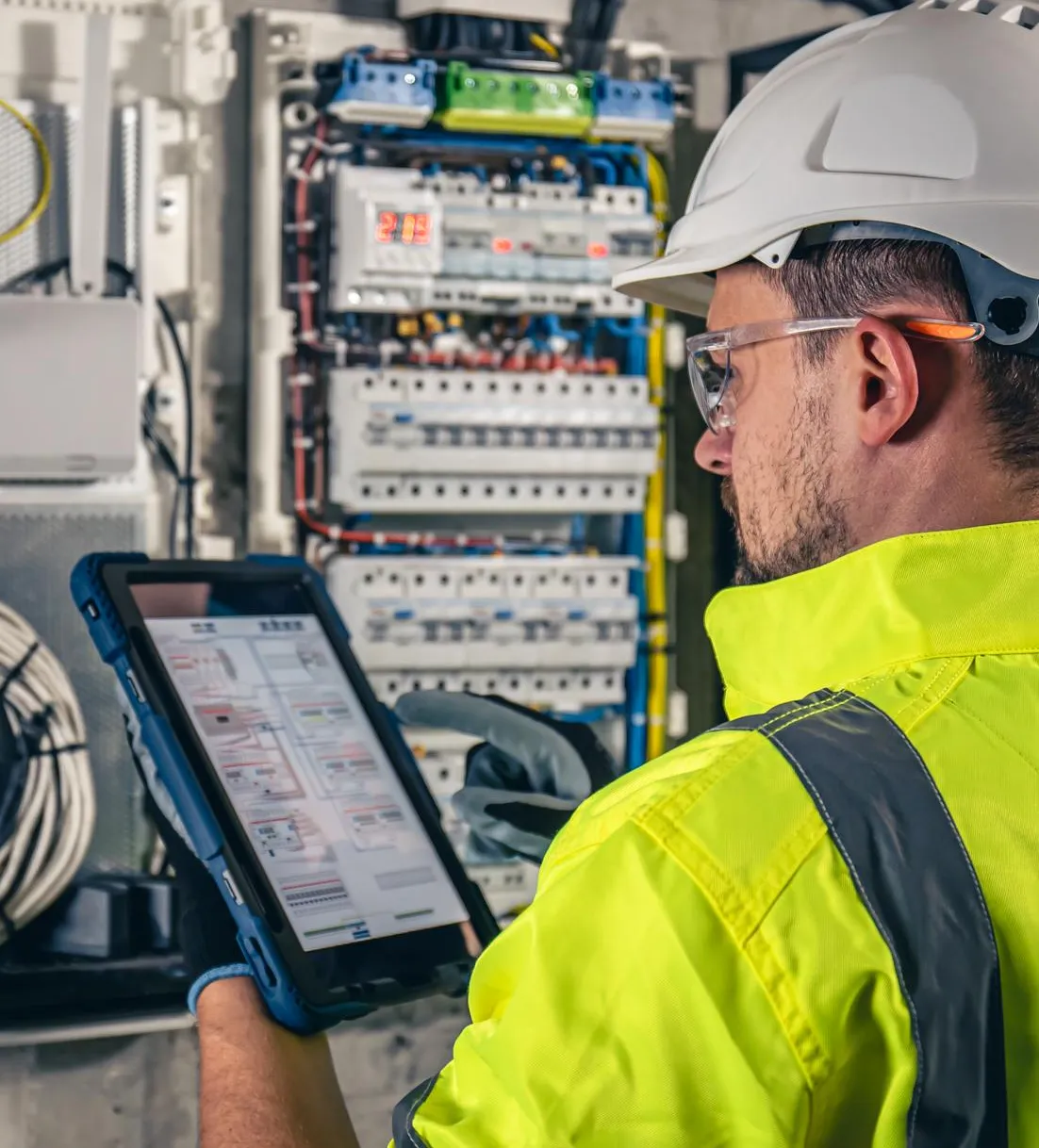
PLC & Robot programing
We offer specialized Robot & PLC (Programmable Logic Controller) Programming services to automate and optimize Body-in-White (BIW) assembly processes. With extensive experience in robotics and industrial automation, our team programs and configures robots and PLC systems to ensure precise, efficient, and seamless operation of your assembly lines.
Key Features of Our Robot & PLC Programming Service:
Customized Robot Programming: We develop tailored robot programming for various tasks in BIW assembly, such as welding, riveting, clinching, material handling, and part positioning, ensuring high accuracy and repeatability in every operation.
PLC Configuration and Integration: Our engineers program and configure PLCs to manage and control complex assembly line operations, integrating sensors, actuators, and safety devices to maintain optimal functionality and safety standards.
Seamless Communication Between Systems: We ensure smooth communication between robots, PLCs, and other equipment, creating a fully synchronized and automated production environment that maximizes efficiency.
Cycle Time Optimization: Our programming reduces cycle times, helping you achieve faster production rates without compromising on quality or precision.
Flexible Programming for Multiple Models: We provide flexible solutions that allow easy reprogramming for different models or production changes, enabling you to quickly adapt to new production requirements or product variations.
Advanced Troubleshooting and Diagnostics: Our programming includes robust diagnostic and monitoring features, enabling quick detection and resolution of any operational issues, reducing downtime and maintaining smooth production.
Safety and Compliance: We prioritize safety in our programming, ensuring that all robots and PLCs meet industry safety standards, including proper guarding, emergency stop functions, and fail-safe protocols.
Our Robot & PLC Programming services are designed to fully integrate advanced automation technologies into your BIW assembly processes, improving productivity, consistency, and flexibility while reducing manual intervention and operational costs.
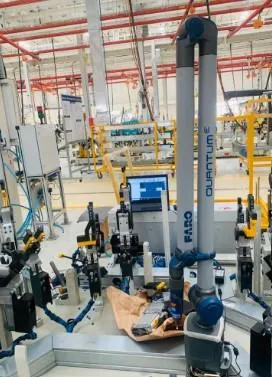
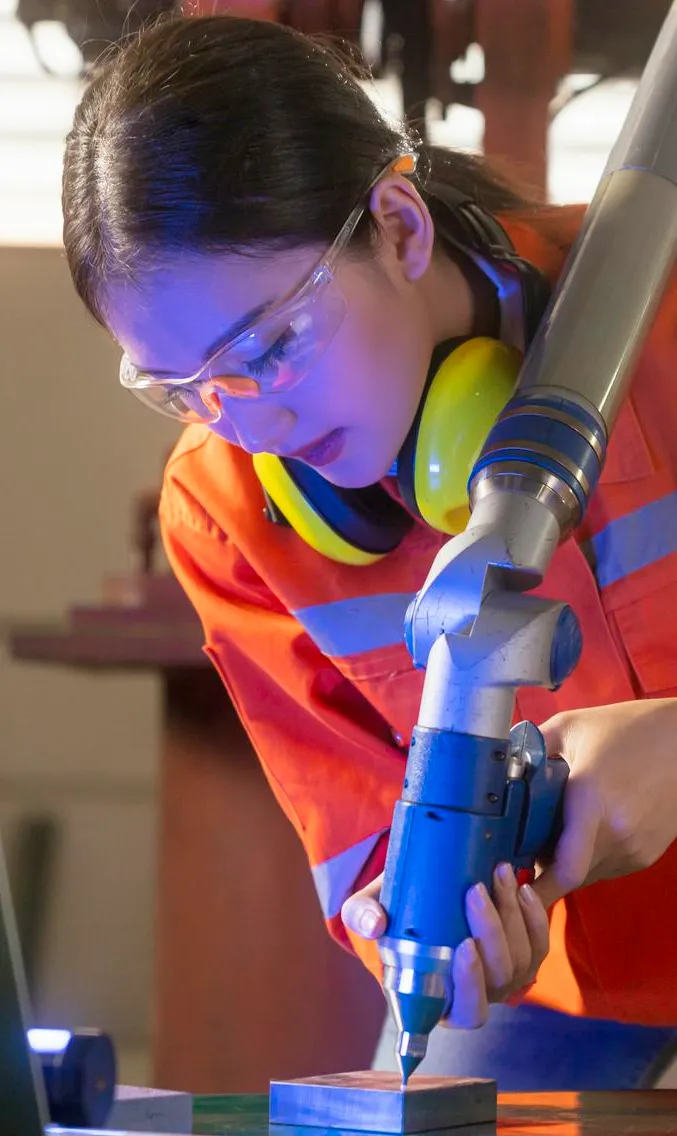
Tooling measurement
MTS offer precision Tooling & Part Measurement services using advanced Faro Arm and Laser Tracker technology. Our equipment ensures that all tooling and parts in the Body-in-White (BIW) assembly process meet the highest standards of accuracy, alignment, and dimensional consistency.
Key Features of Our Tooling & Part Measurement Service:
Faro Arm Precision Measurement: We utilize the Faro Arm for highly accurate 3D measurements of tooling and parts, ensuring that every component meets exact specifications and tolerances. This handheld CMM (Coordinate Measuring Machine) allows for detailed inspection even in hard-to-reach areas.
Laser Tracker for Large-Scale Alignment: Our laser tracker system offers precise, large-scale measurement capabilities for verifying the alignment of large assembly tooling and fixtures, ensuring that everything is perfectly positioned for optimal performance.
Dimensional Verification: We ensure that parts and tooling meet strict dimensional tolerances through comprehensive scanning and verification, guaranteeing the quality and fit of all BIW components.
Tooling Calibration: We offer periodic calibration of assembly tooling to maintain the highest levels of precision over time, preventing errors in the manufacturing process and ensuring consistent production quality.
Root Cause Analysis: Using our advanced measurement capabilities, we assist in diagnosing and solving any dimensional issues that arise during production, ensuring that problems are quickly addressed and rectified.
Comprehensive Reporting: After each measurement session, we provide detailed reports that include all relevant data, helping you maintain quality control and traceability throughout the production process.
Our Tooling & Part Measurement services using Faro Arm and Laser Tracker technology ensure that your BIW assembly lines operate with the highest level of precision, resulting in reduced rework, improved quality, and faster production times.
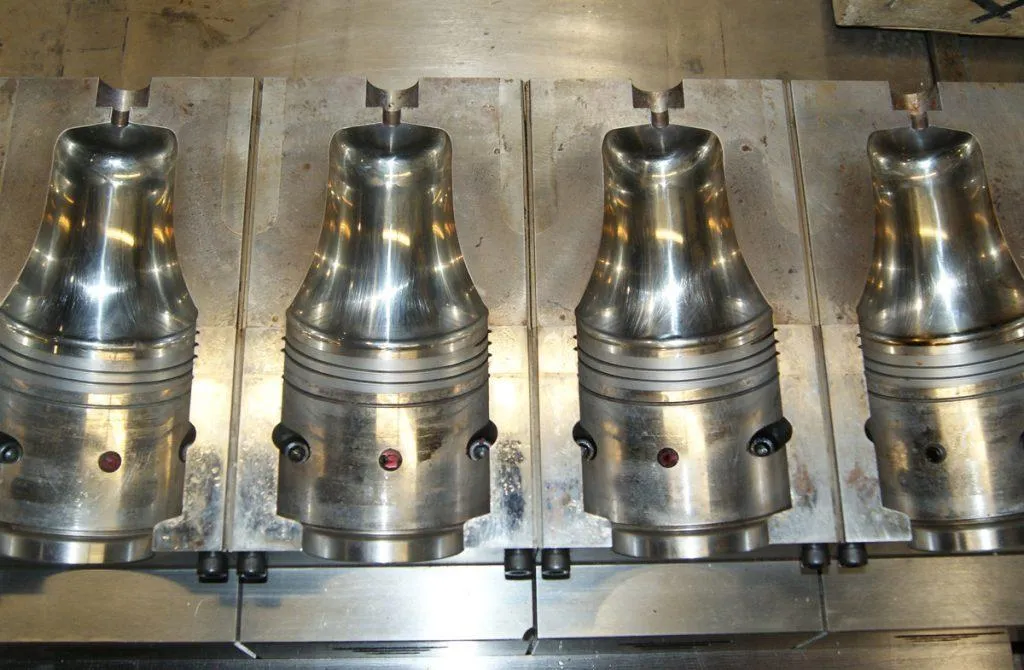
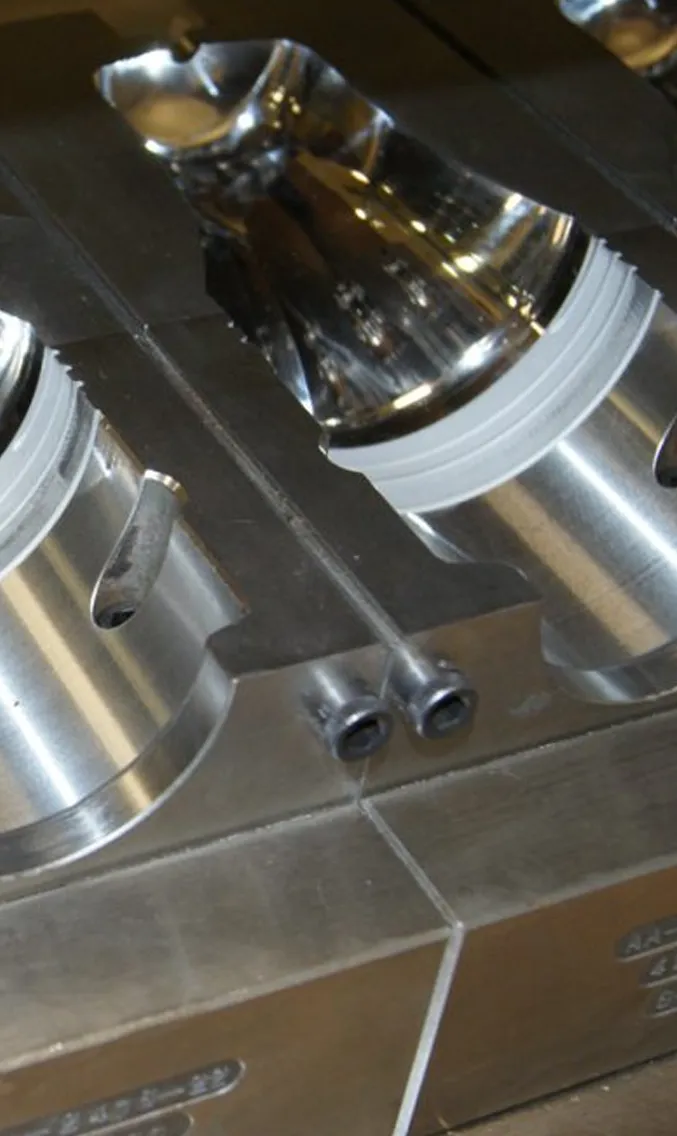
Tooling refurbish
At MTS, our Tooling Refurbish service focuses on restoring and upgrading critical BIW assembly tooling such as geometric tooling, end effectors, holding fixtures, and checking fixtures. We ensure that your tools maintain their original precision, functionality, and durability, extending their service life and improving production efficiency.
Key Features of Our Tooling Refurbish Service:
Geometric Tooling Refurbishment: We restore geometric tooling to its original specifications, ensuring precise positioning and alignment for consistent part quality. Our process includes cleaning, re-machining, and re-calibrating to meet OEM standards.
End Effectors Repair and Upgrade: We refurbish robotic end effectors, optimizing their performance for tasks such as welding, riveting, and material handling. Our upgrades include wear-and-tear replacement, recalibration, and reprogramming to enhance functionality and extend tool life.
Holding Fixtures Refurbishment: Our team carefully inspects and refurbishes holding fixtures to ensure that they securely hold parts in place during the assembly process. We repair any damage, realign fixtures, and replace worn components to restore full operational capacity.
Checking Fixtures Calibration and Repair: We ensure that checking fixtures maintain their dimensional accuracy and reliability. Our refurbishment process includes re-machining and recalibration, allowing you to confidently verify part quality and compliance with design tolerances.
Precision and Alignment Restoration: Using advanced measurement tools such as Faro Arm and Laser Tracker, we verify and restore the geometric accuracy of all tooling and fixtures, ensuring optimal performance on the production floor.
Cost-Effective Alternative to Replacement: Refurbishing your existing tooling and fixtures can significantly reduce costs compared to purchasing new equipment, while ensuring the same high level of performance and reliability.
Minimal Downtime: We work efficiently to minimize production downtime during the refurbishment process, ensuring that your tools are returned to service as quickly as possible without compromising quality.
Our Tooling Refurbish service helps maintain the performance, accuracy, and longevity of critical BIW assembly tools, reducing the need for costly replacements and ensuring consistent production quality.
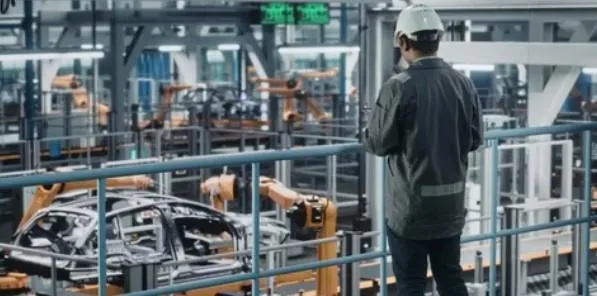
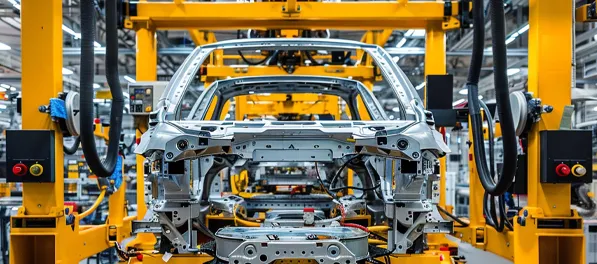
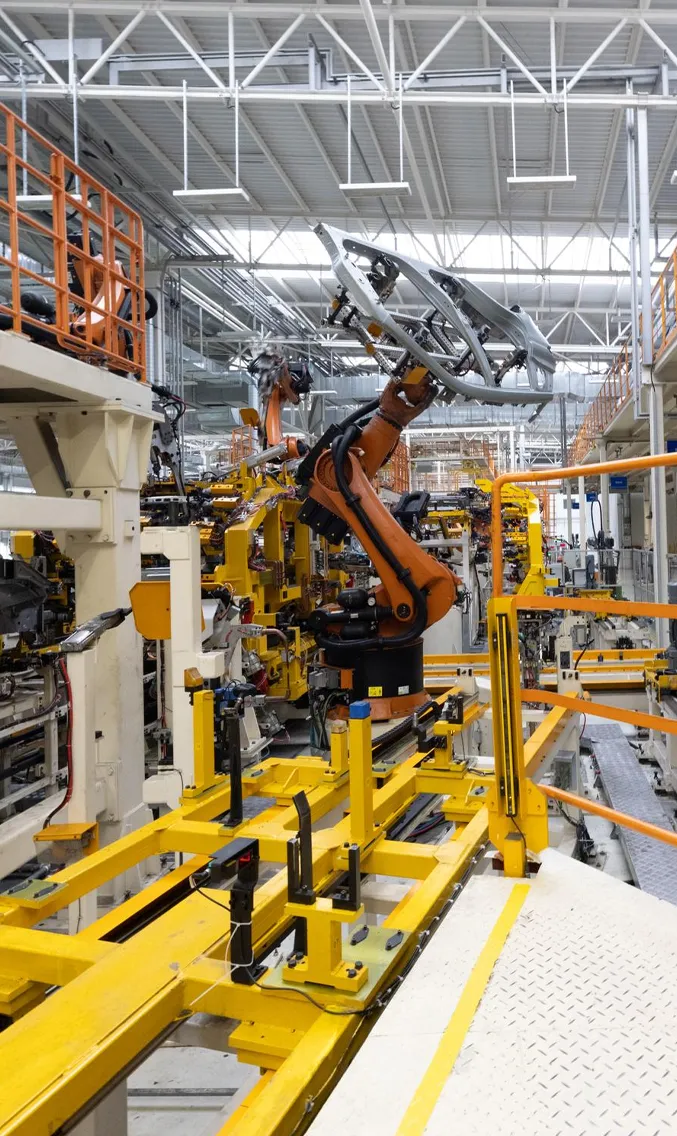
On site support
At MTS, we provide comprehensive On-Site Support services, offering skilled labor and engineering expertise directly at your facility. Our teams are ready to assist with day-to-day operations, technical validations, and troubleshooting, ensuring that your Body-in-White (BIW) assembly lines run smoothly and efficiently.
Key Features of Our On-Site Support Service:
General Labor Crews: We supply trained general workers who can assist with various tasks on the production floor, helping to maintain workflow and ensuring that all activities are carried out safely and efficiently.
Mechanical and Electrical Technicians: Our teams of experienced technicians handle the installation, maintenance, and troubleshooting of mechanical and electrical systems, ensuring that your assembly line equipment operates at peak performance.
Tooling Engineers for Validation and Root Cause Analysis: We provide specialized tooling engineers to support the validation of your assembly tooling, ensuring that it meets all operational requirements. Additionally, our experts conduct root cause analysis to quickly identify and resolve any issues that may arise, minimizing downtime and improving process reliability.
Application Engineers for Welding and Cold Joining: Our welding and cold joining application engineers offer technical expertise to optimize joining processes. They ensure proper welding parameters and provide guidance on advanced cold joining techniques, improving overall joint quality and reducing defects.
Flexible On-Demand Support: Whether you need temporary support for a specific project or long-term assistance, our on-site teams can be tailored to meet your exact requirements. We ensure that you have the right mix of skills and expertise to handle any challenge.
Rapid Response and Issue Resolution: Our on-site teams work closely with your staff to provide immediate solutions to technical issues, ensuring that production remains uninterrupted and any disruptions are addressed swiftly.
Comprehensive Tooling and Equipment Support: In addition to general support, we offer hands-on assistance with tooling validation, calibration, and maintenance to ensure that all equipment functions at its highest capability.
With our On-Site Support services, you have access to a dedicated team of professionals, from general workers to specialized engineers, ensuring that your BIW assembly lines run smoothly, efficiently, and without costly interruptions.
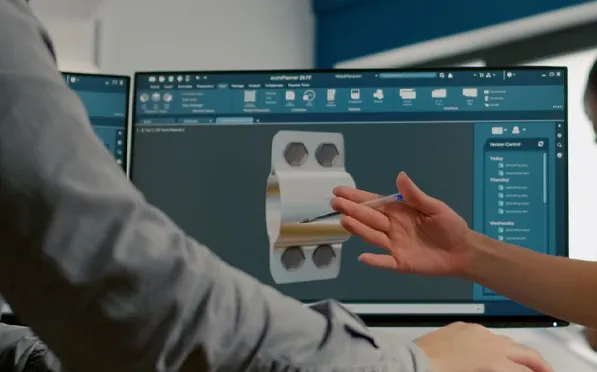

Tooling Validation
At MTS, we offer a comprehensive Tooling Validation service that adheres to the standardized processes followed in the automotive industry, specifically for Body-in-White (BIW) assembly. Our service covers every step of the validation process, from CAD-level assessments to physical tooling validation, ensuring that your assembly tools meet the highest quality and performance standards, regardless of whether they were manufactured by us or another supplier.
Key Features of Our Tooling Validation Service:
CAD-Level Validation: We begin by conducting a thorough assessment of the tooling at the CAD level, verifying the design against GD&T requirements and ensuring that all necessary access points are available for welding, riveting, clinching, and other joining processes.
Access Validation for Joining Processes: Our validation ensures that the tooling design provides the necessary accessibility for all joining operations, avoiding any obstructions or misalignments that could hinder production.
Repeatability Testing: We perform rigorous repeatability tests to confirm that the tooling consistently produces parts within specified tolerances, ensuring long-term reliability and process stability.
Slow Build Validation: A step-by-step slow build process is conducted to meticulously inspect each phase of the assembly, verifying that the tooling performs accurately and consistently throughout the entire cycle.
Part Matching and Dry Builds: Our engineers conduct part matching and dry build validations, ensuring that all components fit together correctly without the need for welding or bonding, verifying alignment, and fit before actual production begins.
Complete Documentation and Reporting: After validation, we provide detailed reports on all tests and assessments, offering insights and recommendations for any necessary adjustments to improve tooling performance.
By offering a standardized and thorough Tooling Validation service, we ensure that your BIW assembly tools meet the highest quality standards and are production-ready, minimizing risks, ensuring repeatability, and optimizing the overall manufacturing process.
